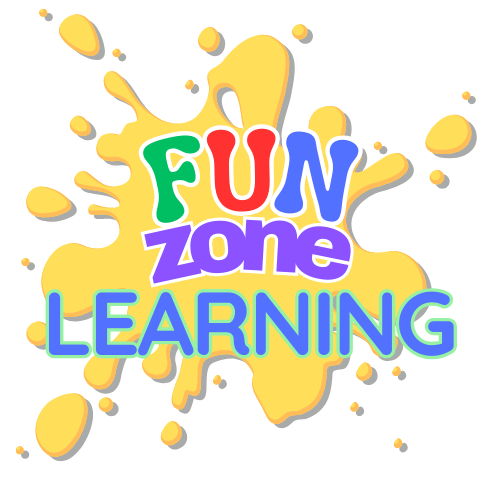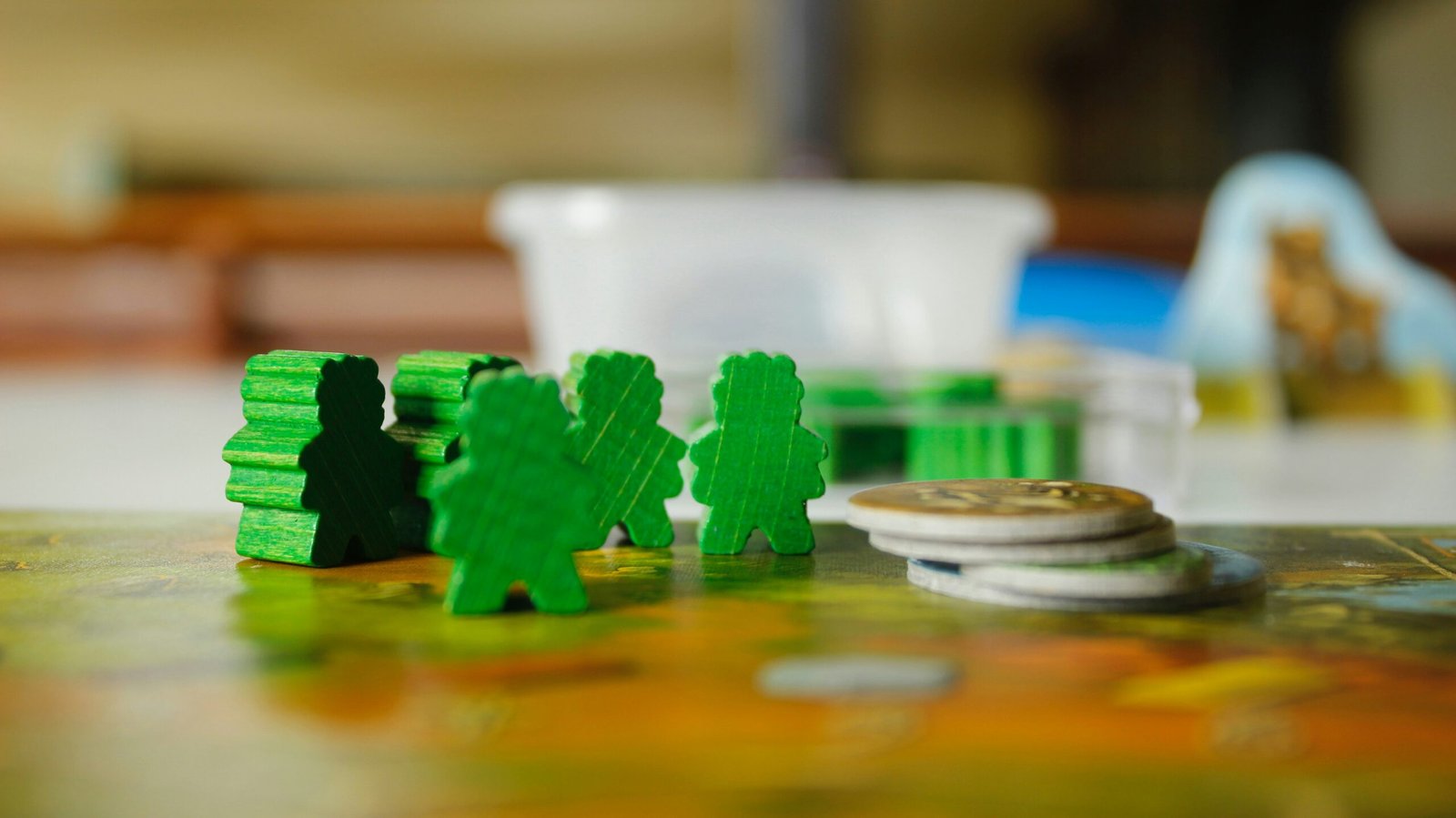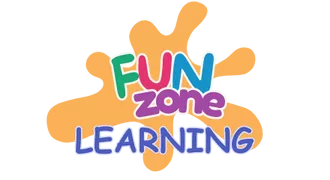
The Importance of Play in Preschool Readiness
The process of preparing a child for preschool involves a multitude of factors, with play standing out as one of the most crucial elements in a toddler’s development. Play serves as a vital medium through which young children explore their environment, gaining essential social, cognitive, and emotional skills essential for their future academic journey. Through play, toddlers engage with peers, fostering socialization as they learn to share, cooperate, and communicate effectively. These interactions are foundational, laying the groundwork for positive relationships and communication skills that are imperative in a preschool setting.
Moreover, play promotes cognitive development. As toddlers engage in various play activities, they are exposed to problem-solving scenarios that stimulate critical thinking. Activities such as building blocks or simple puzzles encourage reasoning abilities, enabling children to make connections and understand cause and effect. Furthermore, imaginative play—where toddlers take on different roles—fosters creativity, allowing children to express themselves while also learning to navigate social dynamics within their peer groups.
Emotional regulation is another critical component that play enhances. Through both structured and unstructured play, children can experience a range of emotions, from excitement to frustration. They learn to manage these feelings, developing resilience and adaptability. Structured play, such as following a set of rules in a game, can introduce toddlers to the concept of limits and expectations, while unstructured play allows for freedom and personal exploration, further enriching their emotional development.
Incorporating a balance of both structured and unstructured play is key to nurturing a well-rounded child. While structured play can provide specific learning outcomes, unstructured play invites creativity and spontaneity, essential elements for healthy development. This dual approach ensures that toddlers acquire the skills necessary for a successful transition into preschool, making play an indispensable aspect of early learning.
Types of Games to Foster Cognitive Skills
Engaging toddlers in games that stimulate cognitive development is essential in preparing them for preschool. These games not only hold their interest but also play a crucial role in enhancing their problem-solving skills and memory retention. One notable category of such games includes matching games, where children are encouraged to identify and pair similar objects or cards. This activity promotes concentration and helps develop their ability to recognize patterns, which are foundational skills for later learning.
Puzzles are another excellent tool for cognitive skill development. They require toddlers to manipulate pieces, understand spatial relationships, and recognize shapes. Completing a puzzle fosters perseverance as children work through challenges and develop critical thinking abilities. Moreover, puzzles often come in various themes, making them adaptable to the child’s interests, thereby enhancing engagement and learning.
Basic STEM (Science, Technology, Engineering, and Mathematics) activities serve as an innovative approach to boost cognitive skills in young learners. Simple experiments, such as mixing colors or building structures with blocks, encourage curiosity and exploration. These activities not only teach scientific concepts but also promote logical reasoning and systematic thinking. Engaging in STEM activities supports toddlers in grasping complex ideas by breaking them down into manageable concepts.
Incorporating these types of games into a toddler’s daily routine will support their cognitive growth significantly. Each game offers a structured yet playful environment for children to explore their capabilities, leading to improved intellect. As toddlers master these games and activities, they will cultivate essential skills necessary for a seamless transition to preschool education. By prioritizing cognitive development through play, caregivers can lay a strong foundation for future academic success, ensuring that children are well-prepared for the challenges that lie ahead.
Games That Encourage Social Skills and Teamwork
Developing social skills in toddlers is fundamental for their overall growth and is particularly important as they prepare to transition into preschool. Engaging in games that promote sharing, cooperation, and communication can significantly enhance their ability to interact successfully with peers. Group games and role-playing scenarios serve as effective avenues for toddlers to practice these essential social skills.
One popular game that encourages teamwork is “Circle Time.” In this game, toddlers sit in a circle and pass a soft toy around while sharing stories or describing their favorite activities. This activity not only instills the concept of waiting for one’s turn but also promotes active listening and storytelling skills. Children learn to value another’s contribution while practicing patience, crucial elements when engaging with others in a collaborative environment.
Another effective game is “Simon Says,” which encourages both communication and attention. In this activity, one child gives verbal commands, while others are required to follow the instructions only if they are prefaced with the phrase “Simon says.” This game fosters cooperation, as children must work together to follow directions while honing their listening skills. Such interactive group games create a rich framework for social dynamics, where toddlers learn to function as part of a team.
Moreover, role-playing scenarios—such as playing house or setting up a mini-store—encourage toddlers to engage in imaginative play while developing their communication skills. In these scenarios, children are required to assume roles, negotiate play, and share resources, fostering collaboration. These experiences help them grasp the importance of social interactions and the expectations of sharing and cooperation that will be vital in their preschool journey.
By engaging in these stimulating activities, toddlers develop strong foundations in social skills, preparing them not only for preschool but for future relationships as well. As they learn to play together, they acquire valuable lessons in empathy and teamwork that will accompany them into their adult lives.
Physical Games for Motor Skills Development
Physical games play a crucial role in the development of motor skills among toddlers, aiding both their gross and fine motor abilities. Gross motor skills involve the larger muscle groups responsible for actions such as climbing and jumping. Activities like running, skipping, and playing tag are not only enjoyable for children but also essential for their physical growth. These games encourage balance, coordination, and overall body awareness, which are foundational skills necessary for later activities in preschool and beyond.
On the other hand, fine motor skills pertain to the use of smaller muscles that enable toddlers to perform precise tasks. Activities that involve manipulation of small objects, such as building with blocks, threading beads, or playing with dough, help refine these skills. Enhanced fine motor capabilities are essential as they prepare children for tasks ranging from writing to self-care activities like buttoning shirts.
When considering the benefits of outdoor play, it is important to recognize the opportunities it provides for physical activity. Outdoor environments allow toddlers to explore space freely, testing their limits in a safe manner while reducing the risk of accidents associated with climbing and jumping. In contrast, indoor play often calls for more structured activities that can limit physical expression. Integrating outdoor games, such as scavenger hunts or obstacle courses, into a toddler’s routine promotes not only motor skills but also encourages social interaction with peers.
To incorporate physical games into everyday life, parents can create simple yet engaging activities. Setting up playdates with physical games, including relay races or nature walks, encourages peer interaction and fosters cooperation. Additionally, involving children in household chores, like sweeping or gardening, can turn everyday tasks into opportunities for movement. By prioritizing physical play, parents help lay the groundwork for their child’s preschool readiness, ensuring essential developmental milestones are achieved.





